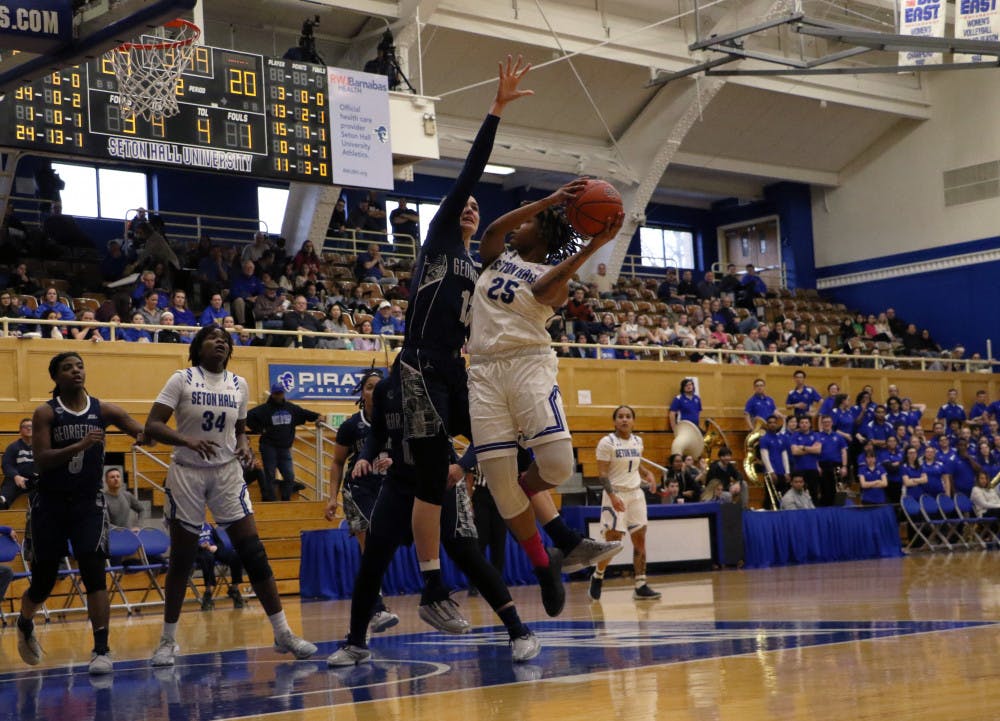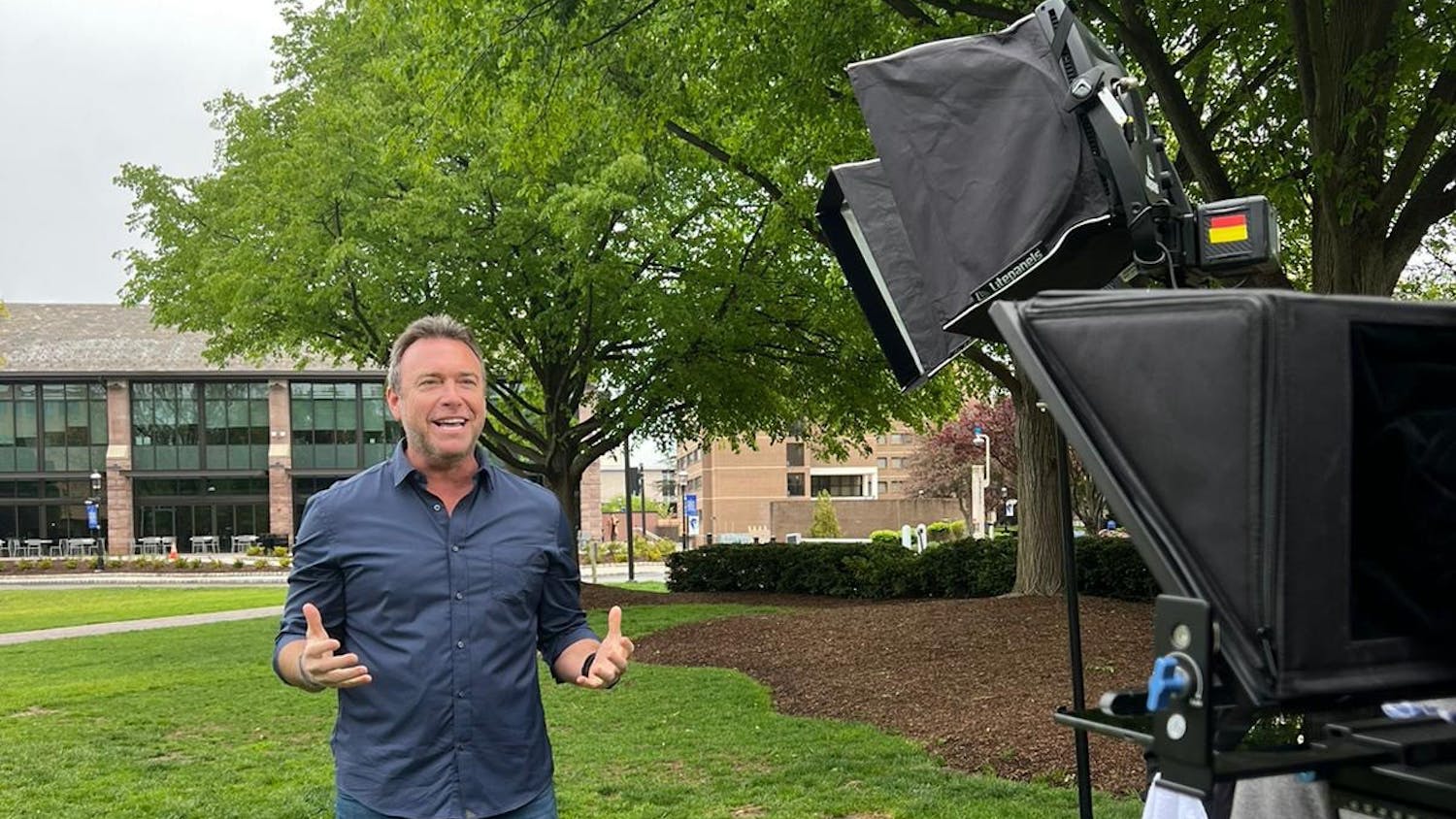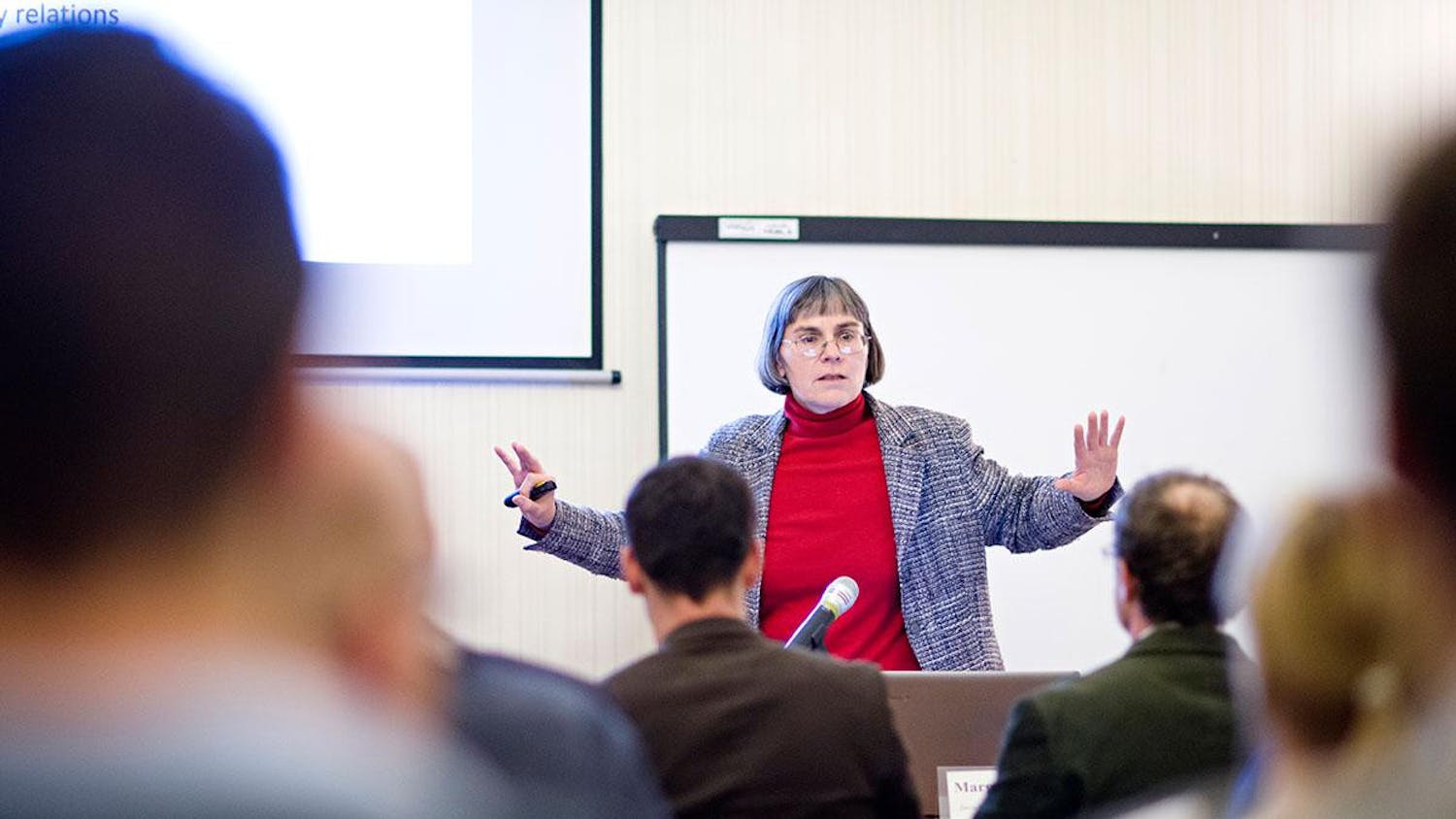Do you ever feel like making the transition from high school student to college student is belittled, as if it’s not a big deal? If so, the book “Five College Dialogues,” by Boston College graduate Ian Malone, may be for you.
“Five College Dialogues,” written in Socratic Dialogue format, discusses important themes that college students face on a daily basis. It reads like a self-help book that gives advice on how to handle the transition of becoming a college freshman.
However, that’s not necessarily a bad thing. There is clearly a discrepancy in what students are told they will experience and what they actually experience every day, whether it be emotional, psychological or social.
“I’m not big into lecturing people as to what they should or shouldn’t do with their lives, something that’s reflected in the nature of the Dialogues,” Malone said in an email. “There are a million different ways a college student could spend his or her time, but one should always consider their options before making decisions.”
The book has five dialogues that discuss such topics as how to rise on the party totem pole to showing up to class high. Whether or not you’ve done these things doesn’t matter. Chances are you may have experienced the insecurity that led to these events.
It’s refreshing to see that these emotions and experiences are not trivialized in this book, as they so often are.
“I noticed that there was a bit of a discrepancy between the advice that RAs would give out and what was actually helpful to your average student,” Malone said. “I wanted ‘Five College Dialogues’ to fill that void a bit and be a commentary on college life that was both beneficial and entertaining.”
Regardless of whether you love this book or hate it, Malone has succeeded in his goal. While this book may be too focused on freshmen, which narrows the audience, there is a sequel titled “Five More College Dialogues” that broadens the scope to students writing their thesis.
“Five More College Dialogues” is scheduled to be released on Mar. 23. It is definitely a book to look out for before the second semester rolls to a close.
Rebecca White can be reached at rebecca.white@student.shu.edu.





